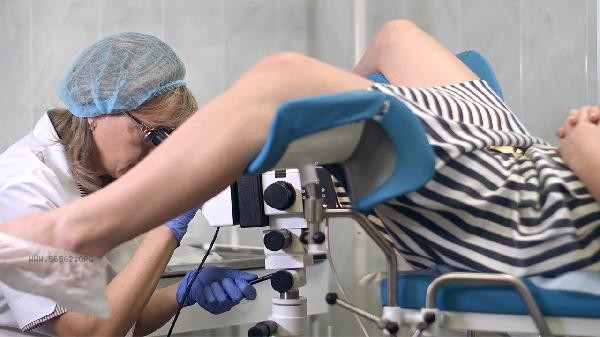Hypotension in pregnant women is usually caused by physiological changes during pregnancy, which are common in early and mid pregnancy. It can be relieved by adjusting diet, improving lifestyle habits, and moderate exercise. In severe cases, medical attention is needed. Hypotension may cause symptoms such as dizziness and fatigue, but in most cases it does not have a serious impact on the health of both mother and baby.

1. Causes of Hypotension in Pregnant Women
Hypotension in pregnant women is mainly related to physiological changes during pregnancy. After pregnancy, hormone levels in the body change, blood vessels dilate, and blood volume increases, but blood dilution may lead to a decrease in blood pressure. Early and mid pregnancy are high-risk periods for hypotension. As the uterus grows, it compresses the inferior vena cava, reduces the amount of blood returning, and may also lead to a decrease in blood pressure. malnutrition, anemia, dehydration, or prolonged standing may also induce hypotension.
2. How to relieve low blood pressure in pregnant women
Adjusting diet is an important method to alleviate low blood pressure. Pregnant women should ensure sufficient nutritional intake and increase their intake of foods rich in iron, vitamin B12, and folic acid, such as lean meat, eggs, green leafy vegetables, etc., which can help improve anemia. Drinking plenty of water, avoiding dehydration, and moderate intake of salt can help maintain stable blood pressure. Eat small meals frequently to avoid overeating at once, which can cause blood to concentrate in the stomach and lead to a decrease in blood pressure. Improving lifestyle habits can also effectively alleviate low blood pressure. Pregnant women should avoid standing for a long time or suddenly changing their position. When getting up, sit up for a moment before standing up to prevent orthostatic hypotension. Ensure adequate rest and sleep, and avoid overexertion. Wear loose and comfortable clothing to avoid compressing the abdomen and lower limbs, which can affect blood circulation. Moderate exercise is helpful in improving low blood pressure. Pregnant women can choose low-intensity exercises such as walking and yoga to promote blood circulation and enhance their physical fitness. But it is necessary to avoid intense exercise or excessive fatigue, and pay attention to replenishing water during exercise to prevent dehydration. When should I seek medical attention? If a pregnant woman has severe symptoms of low blood pressure, such as frequent dizziness, fainting, blurred vision, or palpitations, she should seek medical attention promptly. Doctors may prescribe medication based on specific circumstances, such as iron supplements, vitamin supplements, etc., or recommend further examination to rule out other potential diseases. For low blood pressure caused by anemia, doctors may recommend iron injection or oral iron treatment. Although low blood pressure in pregnant women is common, it can be relieved in most cases through reasonable diet, lifestyle adjustments, and moderate exercise. If symptoms persist or worsen, seek medical attention promptly to ensure the health of both mother and baby. Regular prenatal check ups and monitoring of blood pressure changes are important measures for preventing and early detection of hypotension.











Comments (0)
Leave a Comment
No comments yet
Be the first to share your thoughts!